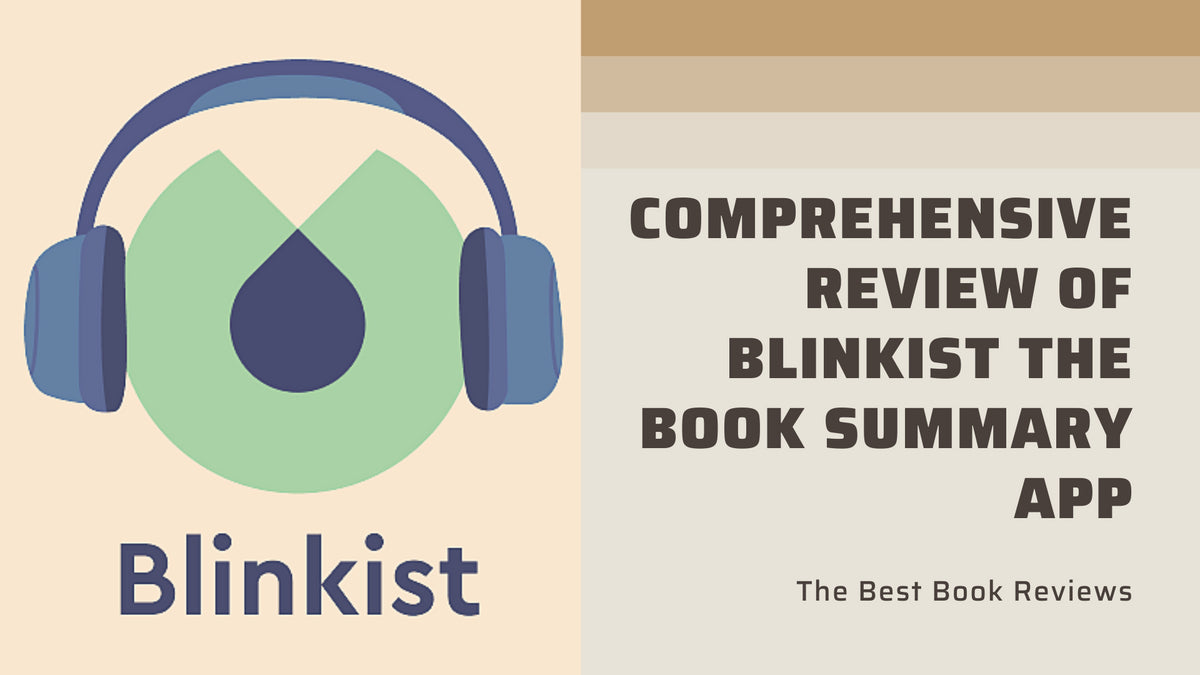Your Cart is Empty
How Can I Improve My Writing
All authors are on a lifelong journey to improve their writing, but how does this happen? While there is no single strategy that will work for all authors, there are a few things you can do to vastly improve the quality of your writing. Learning to avoid common pitfalls takes time, but, with the strategies outlined below, is completely manageable.
1. Read Everything
The first step to becoming a better writer is to read as much as possible. You do not need to stay in the genre you typically write in, either. Read everything from books about how to become a better writer like On Writing Well to books about anything you find interesting. If you have always stuck to a single type of book, try picking up something new. To become a better writer, it is important to read both examples of good and bad writing. Good writing shows what is possible. Bad writing teaches what to avoid.
As you read, analyze what you like and dislike about each different style. If you skip the reflection, you are only doing half the work. This is like “practice” compared to “flow state” as the book GRIT talks about. This reading will help you refine your style into something that you and potential readers will find engaging.
Want to buy a book review?
Click here to learn how you can get a premium book review from us!
2. Practice Writing
Like a concert pianist must spend hours in front of the keys to become better, a writer must spend time writing to improve. Instead of waiting for that flash of inspiration to strike before sitting down to write, set a routine. The Pomodoro Technique is an amazing option for doing this efficiently. As you carve a place for writing in your schedule, set a goal for yourself. That goal can be anything from a set number of pages to a specific number of words to be completed each day. Whatever you choose, your goal will need to be something quantifiable.
It is also important to manage expectations. As you practice, do not be discouraged if what you are writing does not seem very good. Remember that the first draft is almost always discarded and that a finished first draft is much better than a blank page.
3. Outline
Many authors either rigorously outline their projects or are vehemently opposed to outlining. Regardless of which camp you fall in, outlining is an important step to refining your ideas as it gives your writing direction. While more important in nonfiction than fiction, outlining tells your words where to go. Three books that might be good aids to this end are Traction, Mind your Business, and The Checklist Manifesto.
Outlining is often compared to reading a roadmap to plan a trip. While some authors may prefer to just get out on the highway and drive without a predetermined destination, you still need to be able to find the road. A project without an outline is like off-roading – you never know when you will get stuck in the mud. Because an outline is a guide, do not be afraid to change your outline as you go along.
4. Understand What You Are Writing About
One of the biggest mistakes writers make is failing to understand. You need to research to have a good working knowledge of your subject matter. While this applies more to nonfiction, it is still an important concept in fiction as well. If one of your main characters is a tailor, you, as the author, need to know what a thimble is. The details and believability will skyrocket.
Some of your readers may come to your book with little to no knowledge of a concept, and your writing should be able to explain it quickly, simply, and easily without distracting from the story. Essentialism is a wonderful book about how to simplify life and work without losing quality. If you do not feel you could explain even a simplified version of a concept to a child, you might need to do additional research.
5. Write for Your Reader
As words flow from your mind, remember that you are writing for the reader, not yourself. This means removing yourself as the author as much as possible from the story you are telling. This is what Building A Storybrand is all about. If a simple word will work better than a many-syllabled behemoth, choose the simple word. Anything else is showing off and is distracting. Tim Ferris actually talks about how he completely rewrote 4-Hour Workweek because it sounded too "Ivy League" and not down to earth enough.
Part of writing for your reader is to focus on showing instead of telling. Good writers provide evidence and let the readers act as judges. Here are some examples that illustrate the important distinction between telling and showing.
Example of telling: "He did not care about his appearance."
Example of showing: "His shirt was on backward."
6. Find Your Voice
Maybe getting your voice right is what you are struggling most with. A few strategies to help you find your voice are to write exactly as you talk. With sophisticated voice-to-text technology readily accessible, this is an easy experiment. This idea encouraged free flow, something Tim Ferriss also encourages in his book Tools For Titans. Transcription apps include REV (high quality and more expensive) and Sonix.ai (lower quality and less expensive).
If that strategy does not work for you, try reading your day's practice aloud. Because this strategy shows where your writing is lacking, it is one of the fastest ways to improve as a writer.
Fiction writers have a more difficult job finding a voice, as fiction often involves finding your voice as well as different characters' voices. The best way to learn to switch between these varying voices is to practice.
7. Word Choice
English is blessed with a wealth of words, and picking the right ones to fill your blank page can seem like a daunting task. However, it is easy to improve your writing simply by choosing better words. Do more talking with descriptive nouns and verbs than adjectives and adverbs. Instead of saying that a character "walked angrily," say "stomped," "charged," or "stormed." Charged with connotation, these words illustrate a character's emotion. Often the most entertaining books regarding word choice and comedy are written by professional copywriters from the advertising industry. Their job is to be entertaining and concise after all. Try the book Alchemy.
If a prepositional phrase does not need to be in a sentence, get rid of it. For example, saying, "She sat down in the chair" is needlessly complex when you could say, "She sat." Even if a writer does not specify that there are chairs in a room, readers are smart enough to assume that characters generally do not sit on the floor. This is a point the authors of Hey Whipple Squeeze This drive home consistently. Retrain your writing style to eliminate any unnecessary or self-explanatory prepositional phrases. You may be surprised by how much better your writing sounds.
8. Style Choice
While there is no single correct style, there are some general best-practice ideas on how to achieve an engaging style. Varying sentence length is one of these. A mixture of short and long sentences can help hold a reader's interest.
Another is to avoid using the passive voice. However, rules are made to be broken, and 0% passive voice might be wrong for your style. Figure out the perfect ratio for our writing, and work on keeping it there. Most importantly, try writing in styles outside of your norm. Trying new things like this will expand your reach and skills.
9. Keep it Simple
To become a better writer, keep it simple. It may be tempting to use lots of big words, but the best writing is achieved when you allow the reader's imagination to do most of the work. Start by looking at every single word. If it adds value, keep it. If it does not advance the story, delete it.
Embracing simplicity can be difficult at first. After all, as a writer, you want to show off your grasp of difficult grammar and flaunt your fancy vocabulary. If it fits a fictional character's mindset, a convoluted style might be right. However, for most writing, the simpler you can keep your writing, the easier it is for readers to understand and enjoy. The book Fascinate talks about how simplicity is the key, but new ideas are where the intrigue is created. If your story is high quality, your book will be more enjoyable if people understand what you are saying because they don’t need a dictionary.
How Can I Improve My Writing?
From word choice to practice, there are many ways to approach becoming a better writer. Implement these strategies one at a time to figure out which works best for you, or try them all at once. Every author's journey is different, and it is very rare for a writer to wake up one day and announce, "Today, I am a good writer." Instead, progress is slow and comes with practice. However, receiving and acting on feedback, using these strategies, and lots of practice can transform mediocre writing into something truly magnificent.
Want to buy a book review?
Click here to learn how you can get a premium book review from us!
Leave a comment
Comments will be approved before showing up.
Also in Growth

20 Best Selling Author Success Stories
Dive into the captivating journeys of bestselling authors! From humble beginnings to literary stardom, discover the secrets, struggles, and serendipities that shaped their iconic tales. Every success hides a story - uncover theirs. Be inspired, be enthralled. Your next favorite tale awaits!
Read More
In-Person Event Ideas To Crush Book Sales and Connect with Readers
Looking for ways to crush your book sales and connect with readers in person? Look no further than in-person events! Whether you're hosting a book signing, giving a talk, or leading a workshop, there are plenty of ways to get your book in front of people and build relationships with your fans.
Read More
Comprehensive Review of Blinkist the Book Summary App
Unleash a world of knowledge in mere minutes with Blinkist! Dive into our comprehensive review of the revolutionary book summary app. Discover how Blinkist can transform your reading habits, maximize your time, and empower your intellect. Curious about 'bite-sized' wisdom? Click now to unravel the magic of Blinkist!
Read More